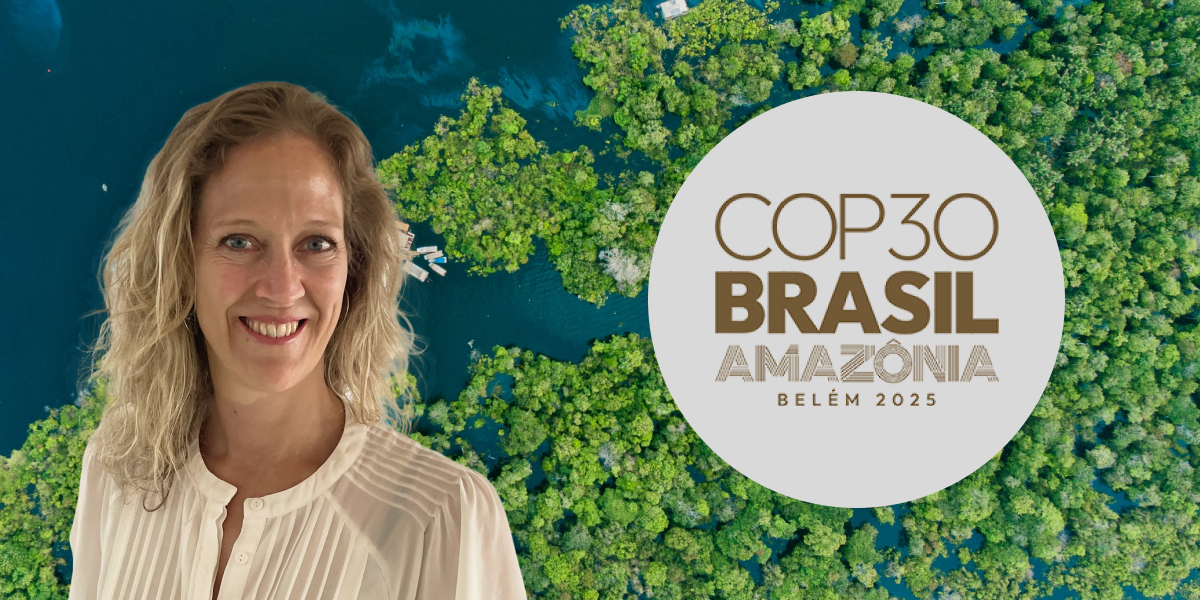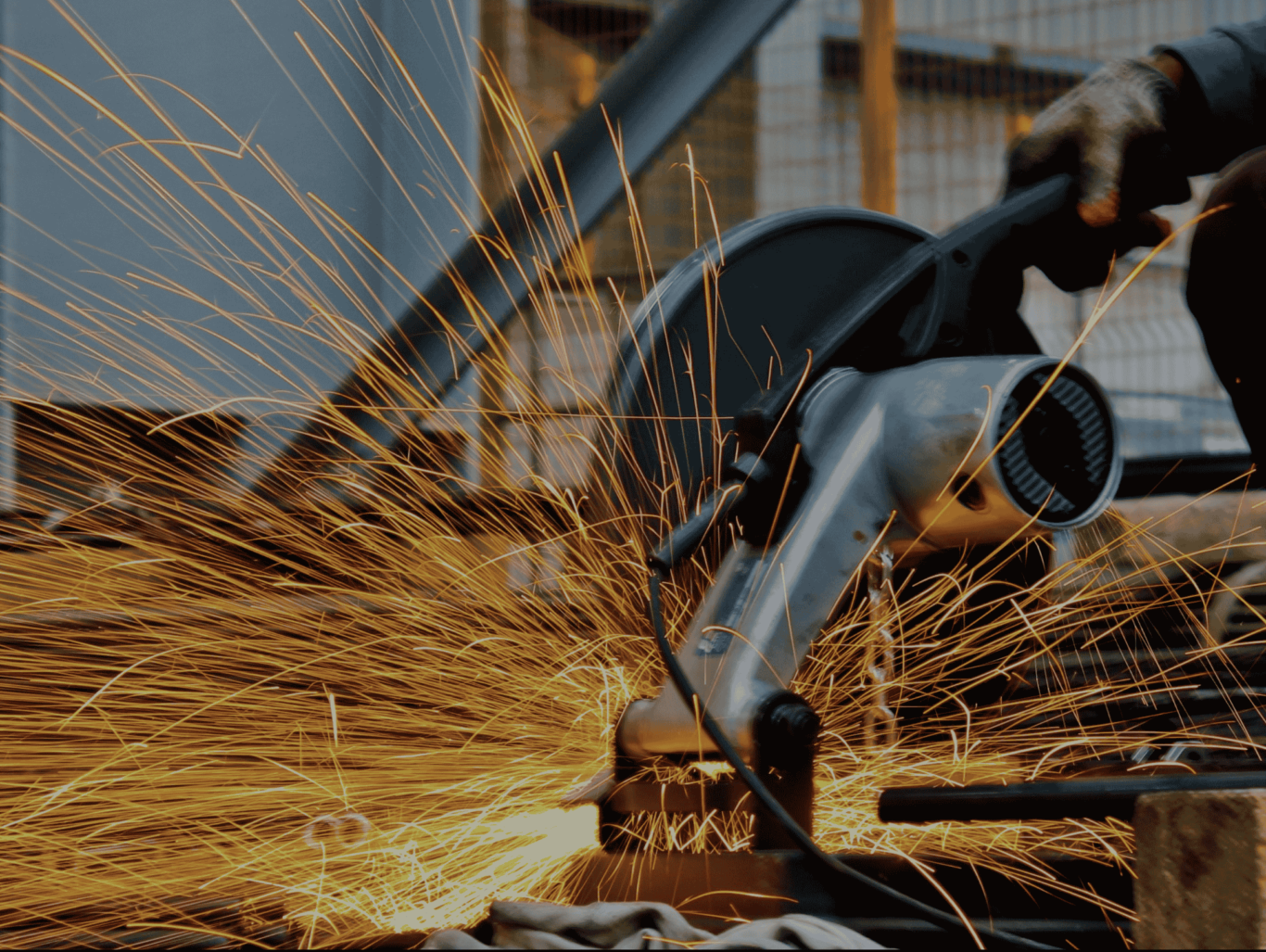Every COP brings its own weight, but COP30 in Belém feels different.
Perhaps it’s because the gathering is in the Amazon, one of Earth’s great lungs, a living system now standing dangerously close to its tipping point. Or perhaps it’s because the world is arriving in Brazil at a moment when the science is clearer than ever, and yet public debate has rarely been more polarized. But mostly, I think it feels different because this COP is about people.
This year it’s not only world leaders, but communities, workers, farmers, city residents, business teams, activists, and Indigenous peoples, whose everyday decisions and everyday courage will shape the next decade more than any communiqué ever will.
Cop30 is a reminder that climate action is ultimately human action. Read more about COP30 here.
A world on the edge and full of possibility
Scientists are being so clear. We are now in the decisive decade, with global temperatures brushing past 1.5°C in individual years and the Amazon, the Arctic, and our oceans showing signs of profound stress. But they are also clear about something else. We still have agency. We still have time. Not to avoid all change, but to shape a safer future. And that future depends on what we do together.
From Stockholm’s neighborhoods to smallholder fields in Kenya, from corporate offices in Europe to coastal communities in the Philippines, people are already carrying the weight of the transition. Yet too many feel overwhelmed, unsure, or excluded. Many still don’t fully understand what is happening or don’t know how they play apart or what they can do.
We cannot expect people to drive transformation if we do not give them the ability to see the road ahead. And awareness alone often leads to nothing. We humans can understand a problem, worry about it, be upset about it and still choose to do nothing.
This is where activation becomes crucial.
Climate literacy matters now
I have spent my career working with companies and communities, and the same truth shows up everywhere. Knowledge is essential, it gives people a shared language, understanding, and context. It allows employees, citizens, and communities to see the link between daily choices and planetary outcomes. Whether you are a young activist in Manila, resident in Oslo, or an employee in a global company, you deserve to understand the forces shaping your future. But science, policy, and awareness will only get us so far.
The next step is connecting knowledge to action at scale, creating communities of practice, nudges, and incentives that transform concern into concrete impact. To translate awareness to action we need government programs, corporate initiatives, and civil society efforts combined with smart technology with gamification, sharp communication strategies.
And everyone benefits from taking action. In our own work at Deedster with organizations, we see a consistent pattern: almost 90% of employees who participate in climate challenges at work say they feel proud that their employer takes climate seriously. That pride is not a small thing, it’s the beginning of engagement, belonging, and participation. And participation is the beating heart of transition.
COP30 reminds us what is at stake
Belém is more than a location. It is a symbol of urgency and collaboration. COP30 reminds us that no one can solve this alone. Governments, businesses, communities, and individuals must coordinate to turn awareness into tangible action.
And as I see posts about COP30 in my feed, I keep thinking about something simple. We cannot mobilise societies without first informing them. We cannot ask people to change what they cannot yet see. And we cannot build a just transition if only a small group feels equipped to participate in it.
That is why I believe so deeply in starting with knowledge, not to tell people what to think, but to give them the foundation to engage with courage and clarity.
A practical first step
Climate literacy is the starting point, not the destination. Real impact comes when people take action and when organizations, cities, and communities create systems to support it.
If you are interested, you can explore Deedster’s tools, for example, you could start with a Climate Literacy Challenge with a small group during COP30 week. And if you are looking for a larger transformation program for your employees or community, we are happy to discuss and guide you in scaling engagement.
Because awareness is where it starts, action is where it counts, and the human multiplier effect shows us just how far a single spark of engagement can reach.
By Monika Martinsson, Co-Founder of Deedster
Related posts:
Share this Post



